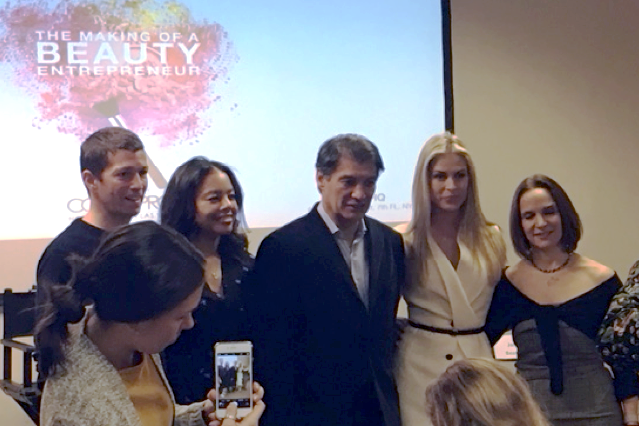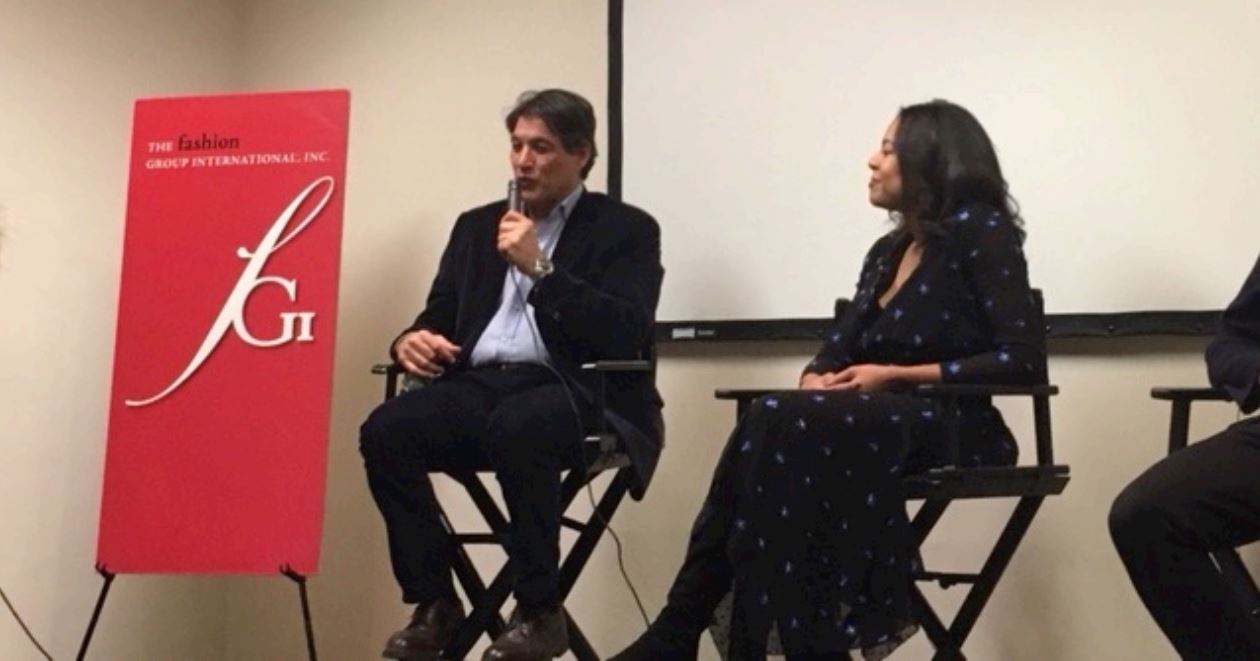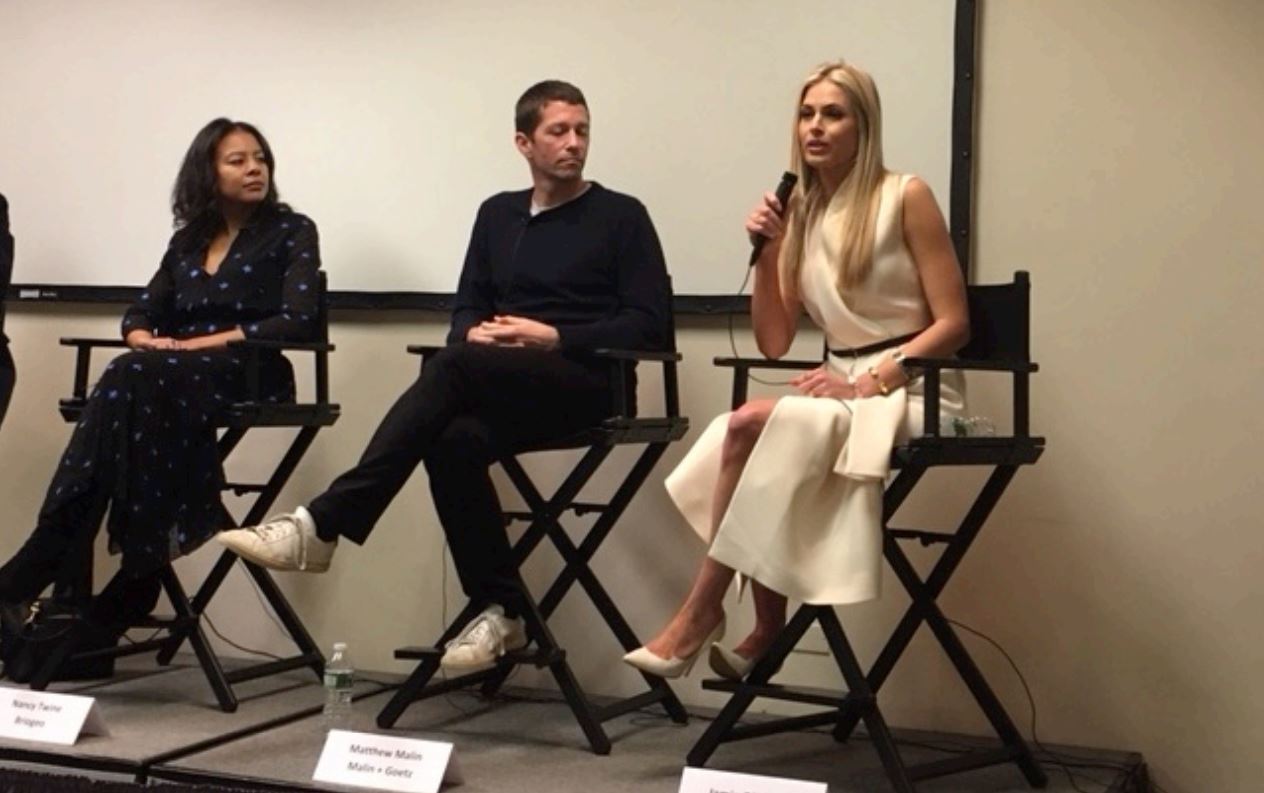
Web Developers
This week, the Coresight Research team attended Fashion Group International’s“The Making of a Beauty Entrepreneur” panel in New York City. The event was sponsored by Cosmoprof North America and featured a panel of four beauty industry leaders who spoke candidly about their personal and professional entrepreneurial journeys. The panelists were FrédéricFekkai, Cofounder and CEO, Bastide; Matthew Malin, Cofounder, Malin + Goetz; Jamie O’Banion, CEO and Founder, Beauty Bioscience; and Nancy Twine, Founder, Briogeo. Elana Drell-Szyfer, CEO, ReVive, moderated the discussion. Here, we share our top takeaways from the event.


- The right time to launch a brand is when the entrepreneur has a story, passion, and an opportunity. Timing is a personal choice and there will never be a perfect time to launch, so the panelists advise that entrepreneurs organize, prepare and plan, but also operate with agility.

FrédéricFekkai, Cofounder and CEO, Bastide, andNancy Twine, Founder, Briogeo Source: Coresight Research
Briogeo Founder Nancy Twine said that the launch of her natural haircare brand involved much planning. She shared that when was considering launching her brand in 2013, she had a secure job in finance on Wall Street, and so decided to wait until she had definite product placement with Sephora before taking the final leap and quitting her finance job. Twine said that she personally needed that security before devoting herself fully to the brand launch. Matthew Malin, Cofounder of Malin + Goetz, said that his approach was shaped by his upbringing in a traditional, Midwestern conservative environment, whereas his business and life partner, Andrew Goetz,is more entrepreneurial and comfortable with risk. Malin said that their differences provide the inspiration for the brand’s balance. He and Goetz talked about the idea of launching the brand with Malin’s family first, and convinced them it was a good idea and got their support. But when they shared the idea with Goetz’s family of entrepreneurs, they asked, “Why haven’t you done this yet?” Malin said that his initial fear of launching propelled him and drove him to work like a dog. Regarding timing a launch, Jamie O’Banion, CEO and Cofounder of Beauty Bioscience, said, “Is there ever a right time? It’s like giving birth. We’re all here though.” She suggested that entrepreneurs should define what success looks like to them individually, because opportunities will present themselves, but none of them will be perfect.O’Banion advised entrepreneurs to organize, prepare and plan—and to be agile—because things will always change along the way and successful entrepreneurs are the ones who can adapt.- Product transparency is not a choice for beauty brands today—consumers now demand it.
- Brands should distribute through a variety of channels, but all decisions should be driven by a focused and strategic mind-set.
